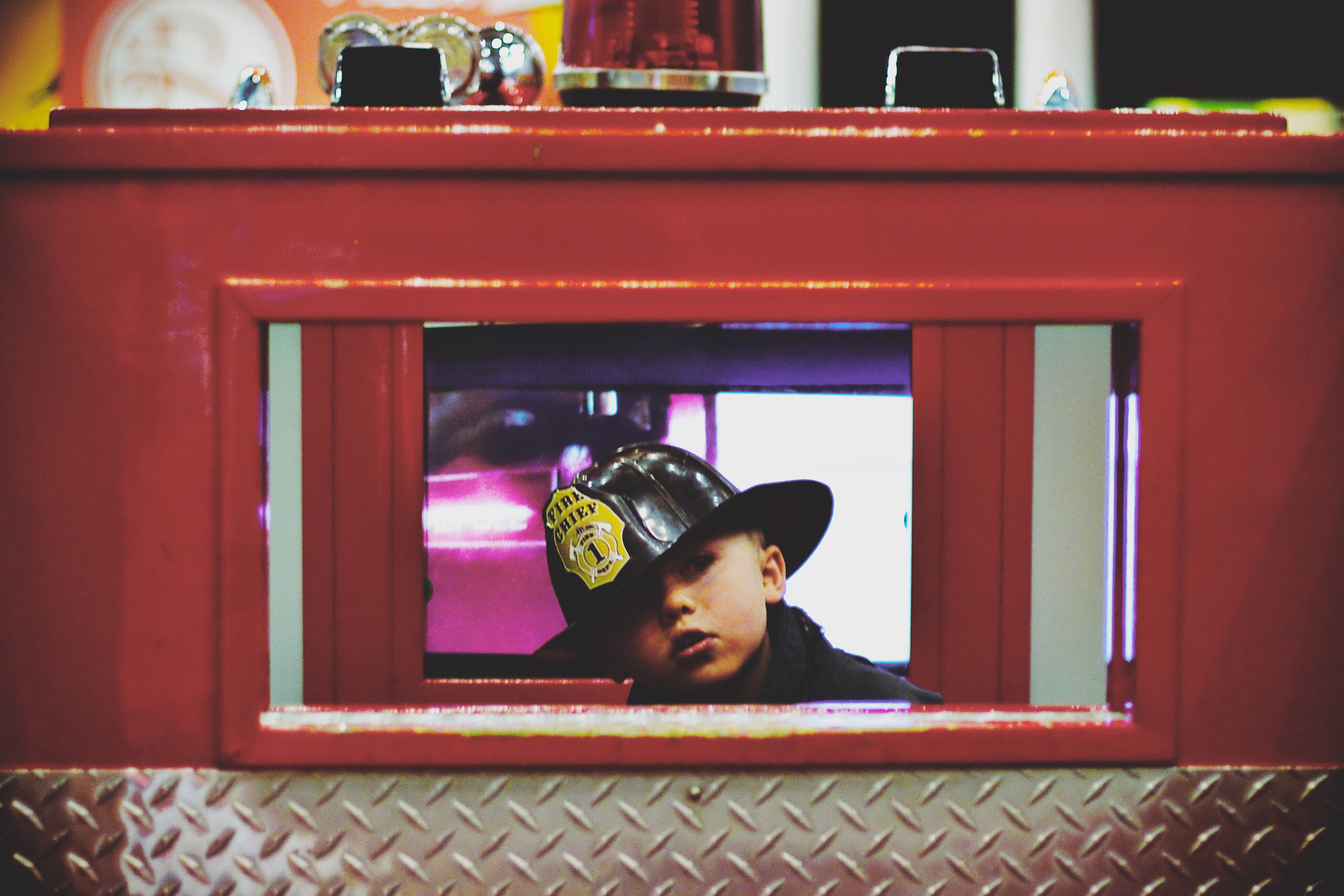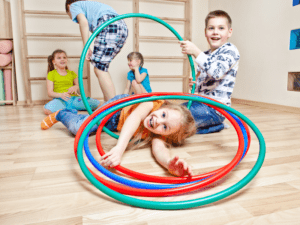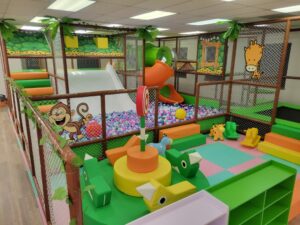It’s common for young children to engage in pretend play. They may pretend to be a doctor, a dentist, or a firefighter. They may create scenarios where they fly an airplane, go shopping, or drive a race car.
On the surface, the child is playing. But on a deeper level, they are developing their minds. They are learning social skills and evolving the way they think.
This article will look at the many ways pretend play supports cognitive development.
Pretend Play Promotes Creativity and Imagination
When children pretend play, they create an imaginary scenario they can take in any direction. They can use their brain to solve problems. They are developing cognitive skills they can use throughout their lives.
When children become adults, they will find themselves in difficult situations. They will require creativity to find the best solutions. The pretend play they engaged in as a child will help them find logical answers quickly and easily.
Supports Emotional, Social, and Personal Development
Pretend play often involves a child pretending to be different characters. Or they may put themselves in various life roles. Doing so helps them determine what it’s like to be another person. It allows them to develop a sense of empathy that aids emotional development.
As children get older, they will pretend play with other children. This cooperative play helps them develop social skills that will help them get along with others later in life. They will learn to process others’ thoughts and opinions and understand how they may differ from their own.

Improves Language and Communication Skills
Pretend play puts children in different scenarios where they may learn language not previously in their vocabulary. Parents may hear their children using new phrases and words as they impersonate their friends and teachers or ren-enact situations. It helps them use words appropriately within context.
The activity also forces children to interact with others. The interaction helps them pick up on the words others use. It also encourages them to develop communication skills.
Enhances Physical Development
Pretend play is more than mental activity. Children are often physically active when they play. It offers a beneficial physical outlet that is conducive to developing motor skills.
Motor skills develop through activities, such as dressing dolls, pretending to fly airplanes, simulating car racing, and more. They allow children to become more independent. They are beneficial to balance, posture, and coordination.
Additionally, studies show that physical play can help develop the brain’s frontal lobe, which regulates behavior.
Develop Your Child’s Cognitive Skills at Kidology with Pretend Play
Kidology encourages your child to develop cognitive skills by offering a therapeutic play space for your child. Children can join our program and play with us to learn social awareness, communication, and sensory processing. They will refine their motor skills and learn and practice life skills.
We also offer specialized services like speech therapy, special instruction, physical therapy, behavior services, and parent and child groups. We will assist your child in reaching their developmental milestones. Contact us to discover how we can help your child grow.








